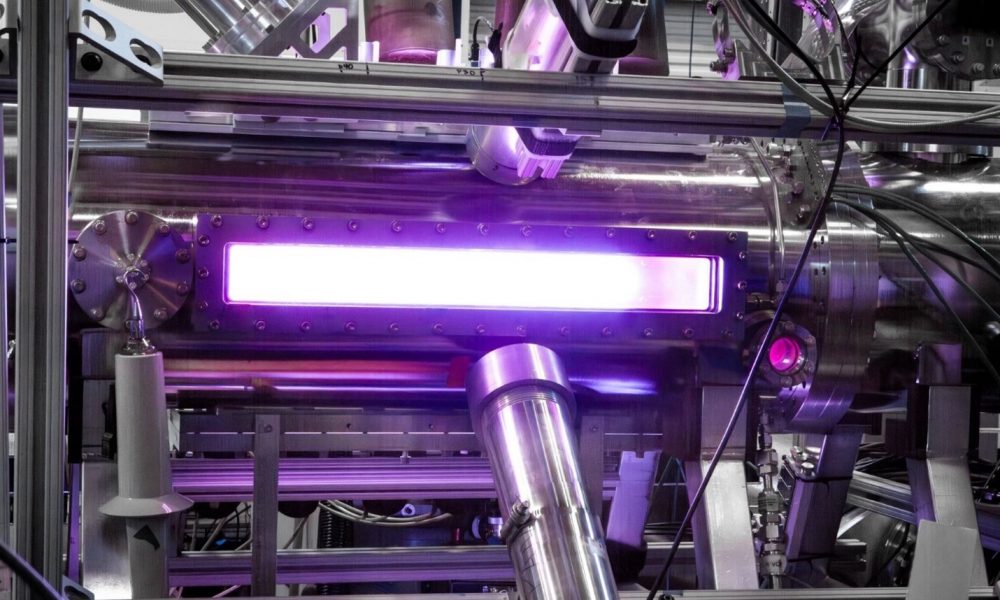Zap Energy is developing a unique approach to fusion power known as “sheared flow stabilized Z-pinch,” a technique that compresses plasma using an electric current and magnetic field without relying on costly magnets or lasers. This process uses deuterium and tritium, isotopes of hydrogen, which fuse to release energy in the form of neutrons and heat. This energy is captured by a molten metal jacket surrounding the reaction chamber and used to generate electricity. At commercial scale, the reactor is expected to produce 50 megawatts of electricity—enough to power around 50,000 to 60,000 homes. Multiple reactors can be combined to meet larger energy demands.
The funding round was led by Soros Fund Management, with additional support from new backers BAM Elevate, Mizuho Financial Group, Plynth Energy, Xplor Ventures, and Emerson Collective. Existing investors, such as Chevron Technology Ventures, Breakthrough Energy Ventures, and Shell Ventures, also participated, though Valor Equity Partners notably did not. This round follows a $160 million Series C raised in 2022.
The enthusiasm for fusion power has been driven by advancements like the 2022 breakthrough at the National Ignition Facility, which indicated that commercial-scale fusion might be within reach in the next decade. Fusion power is considered a key to decarbonizing large parts of the global economy and tapping into a multi-trillion-dollar energy market.
Zap Energy, like other climate tech companies working on hardware, faces the “commercial valley of death,” where considerable investment is still needed to bring its technology to scale despite proving the viability of its science. Investors are increasingly exploring options like corporate venture capital, growth equity, or project finance to help bridge this gap, and Zap’s latest funding round suggests it continues to receive strong support from diverse backers.

